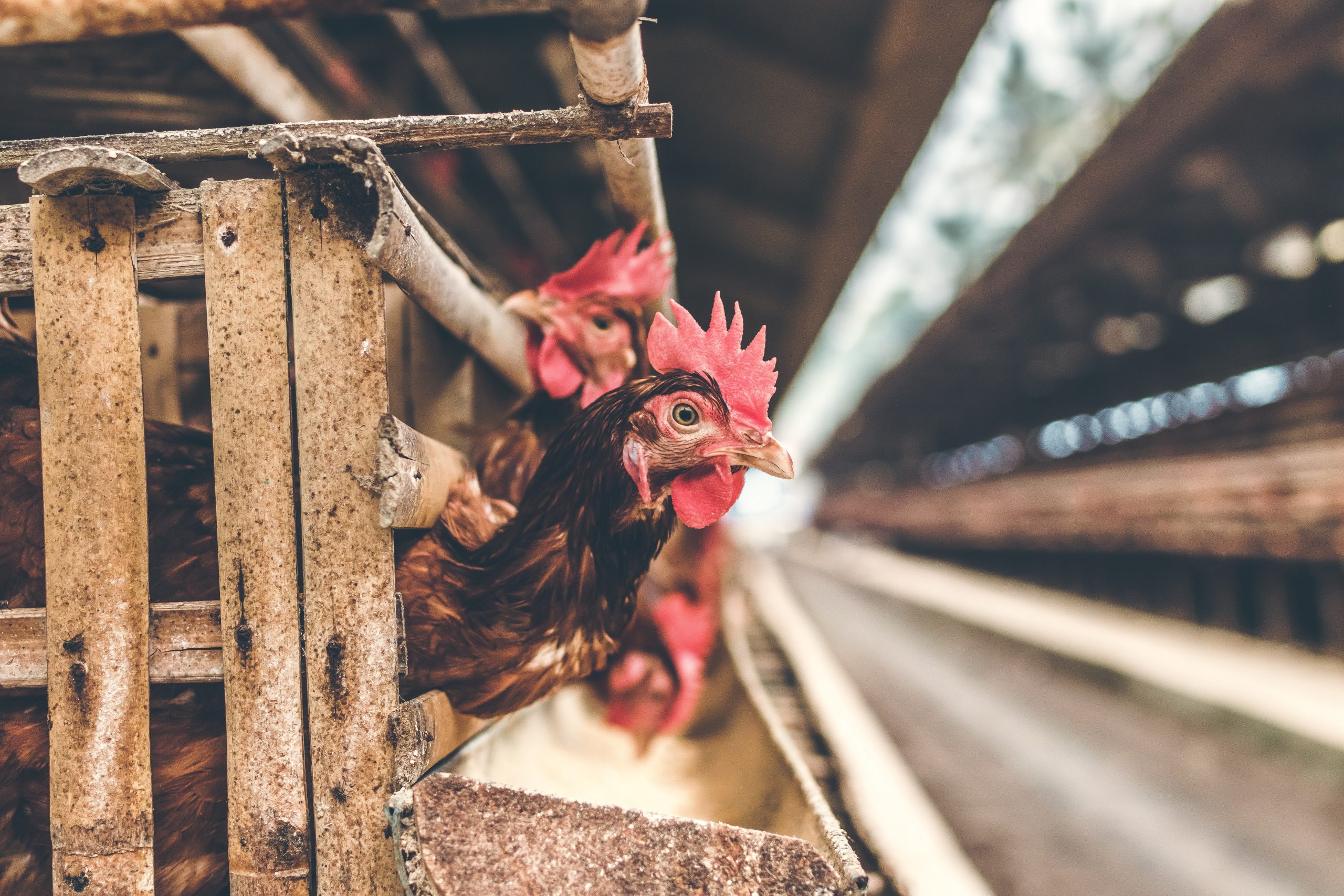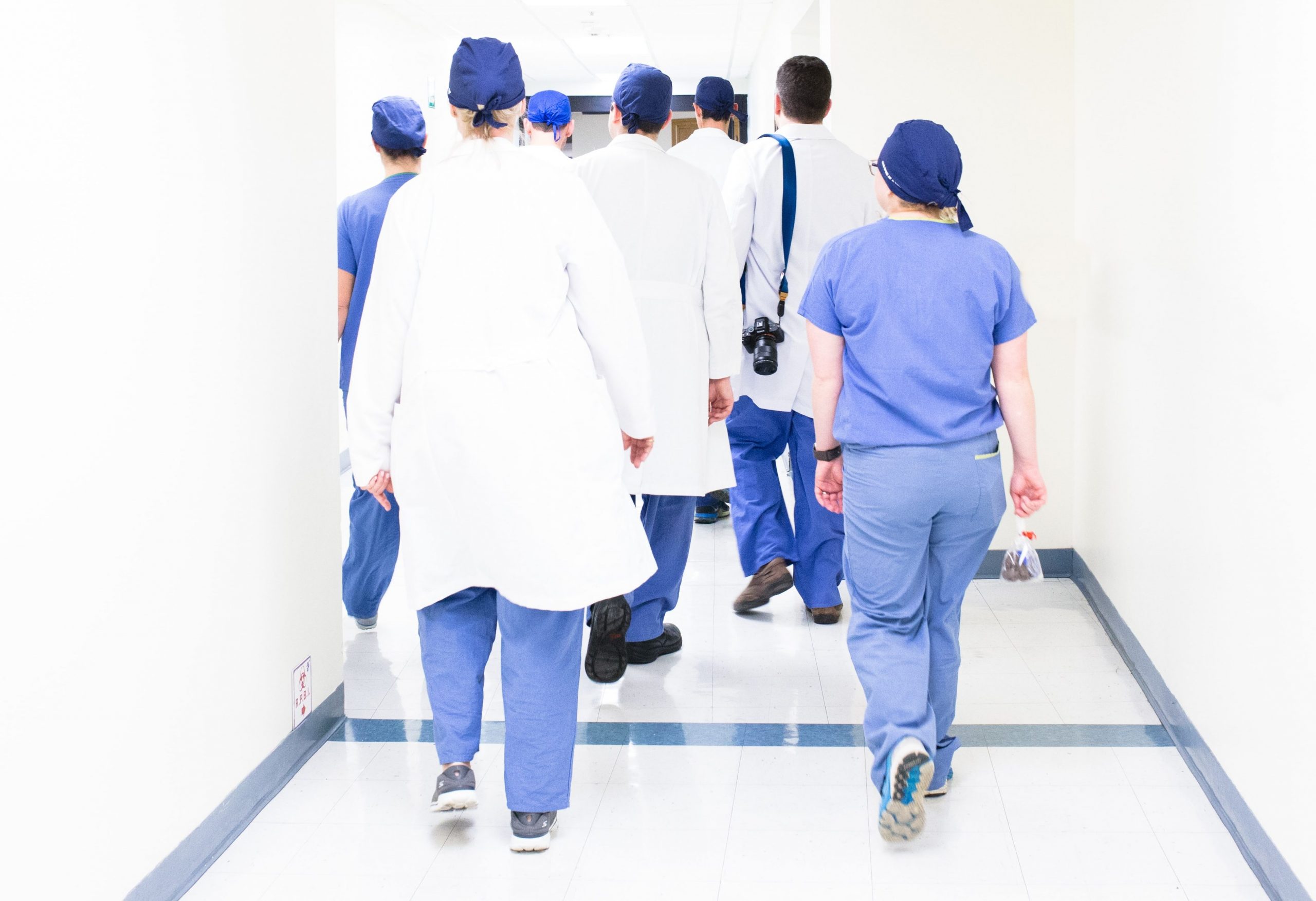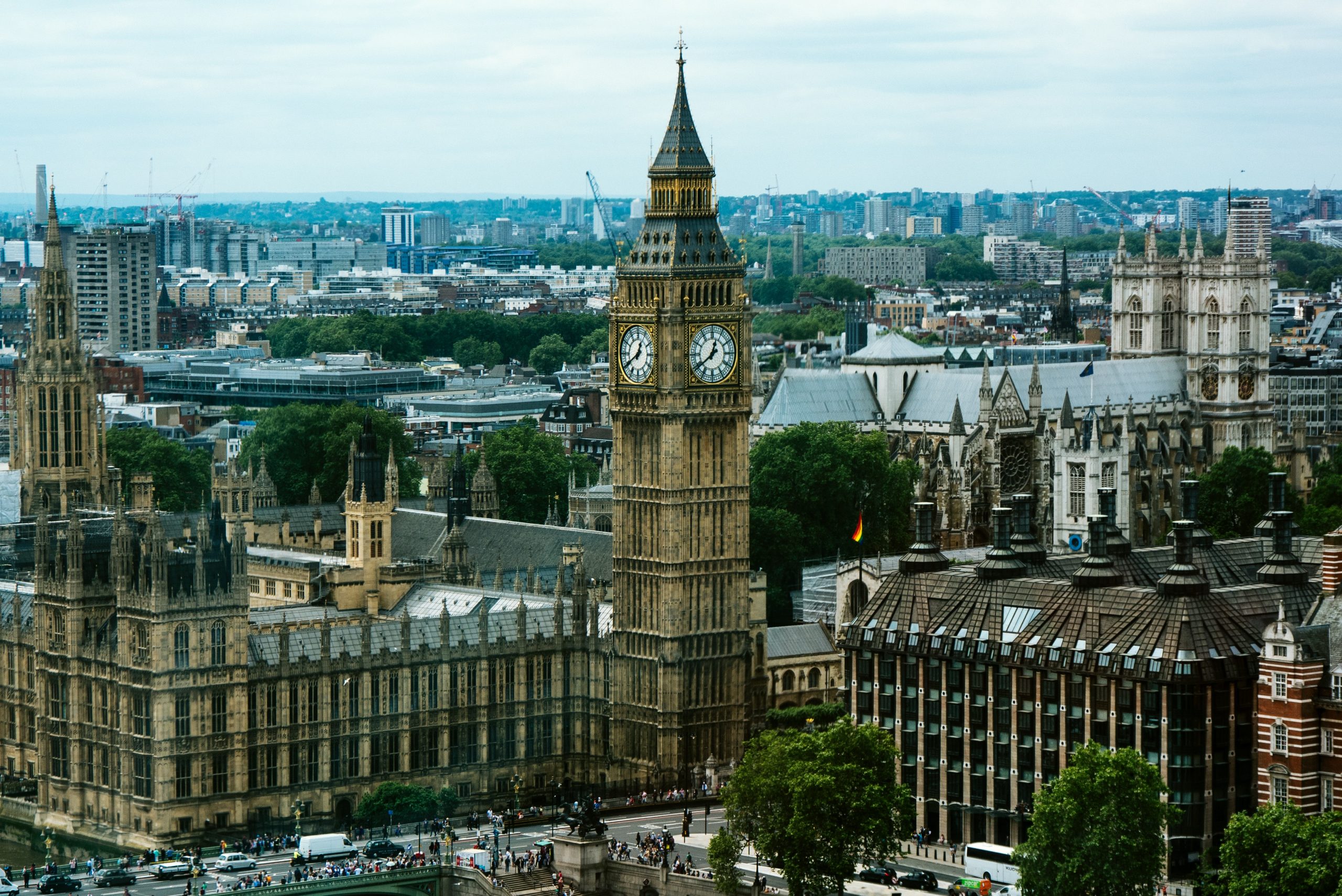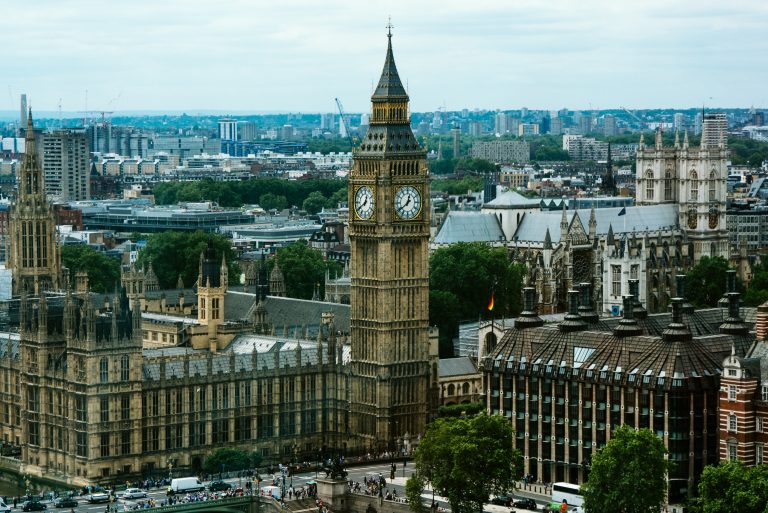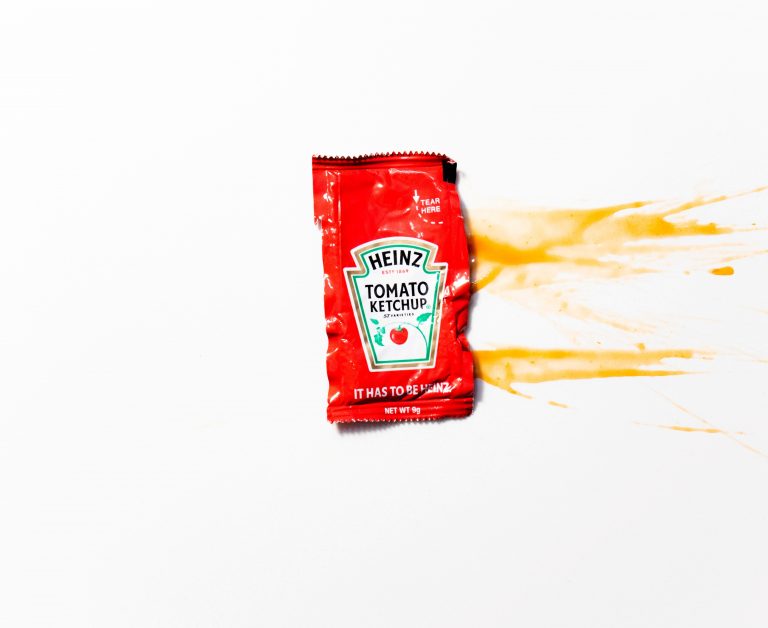PBS News Hour: “Economist Ken Rogoff on Whether the U.S. Has Ever Experienced A Crisis Like This One”
Run Time: 5:50
Source: PBS News Hour “Economics Ken Rogoff on whether the U.S. has ever experiences a crisis like this one”
Abstract: As the economic fallout from the Covid-19 pandemic continues to pile up, Harvard economist Ken Rogoff says that a global recession is almost certainly in the cards, at least in the short term. Already filings for unemployment benefits have surged, stock markets around the world have crashed (taking with them the gains of the past three years), and factories and shops are shutting down. Many countries are now implementing emergency fiscal stimulus policies in an attempt to stop the carnage, but the economic chaos is expected to be especially challenging for developing countries and emerging markets. China, the origin of the novel coronavirus, now offers a glimpse of optimism as it begins to reopen its economy following its own period of social distancing and economic lockdown, although it is unclear who will buy its products if the rest of the world is staying home.
Notes: As businesses close their doors, events are cancelled, stock markets crash, and consumers retreat to their homes, the world is beginning to sense that the crisis associated with the outbreak of novel coronavirus will have a lasting impact not only socially, but also economically. Many countries have closed their borders to non-citizens, cross-border travel is virtually shut down, and now, with many government officials telling citizens to avoid social gatherings, and bars, restaurants, and other nonessential businesses ordered to close, many are wondering when the global economy will recover, and perhaps more importantly, what that recovery might look like.
The outbreak of the novel coronavirus in China at the end of 2019 closed factories and kept consumers home, rapidly creating disruptions in the global supply chain as the world’s factory floor went into lockdown and consumer demand from one of the world’s largest markets disappeared virtually overnight. Then, the virus began to spread and one after one, other countries have adopted measures similar to those taken in China. Now, on the road to recovery, China is beginning to reopen, yet much of the rest of the global economy is closed and global leaders are scrambling to create stimulus packages that will help their countries avoid total economic disaster. Harvard economist Ken Rogoff says that the situation is unprecedented and that the global economy is destined for recession, at least in the short term.
Perhaps one of the most challenging issues with the pandemic caused by the novel coronavirus is the sense of the unknown. Because the global economy has never been suddenly stopped, no one knows how the situation will play out. While there is confidence that a vaccine and treatment options will be developed, just when that will occur is unknown, so it is likely that uncertainty will continue to affect everything. The toll on emerging markets is expected to be especially heavy, and while China, one of the world’s biggest economies, appears to be on the rebound, there are questions as to what its recovery will look like if the rest of the world on which it depends, remains closed.
Discussion Questions:
1. Reflect on economic growth in an era of globalization and a health pandemic. While much of the rest of the world is just beginning to shut down in response to the novel coronavirus pandemic, China is coming back to work and restarting factories that had been closed. In today’s global economy, can China expect economic recovery when the rest of the world is locked down?
2. Consider the role of fiscal policy in a global economy. Governments around the world are grappling with how to stem the rising tide of people needing emergency and hospital services, while simultaneously avoiding the economic setbacks due to the associated social distancing measures that have been imposed. Countries like the United States are using fiscal stimulus tools to get money into the hands of consumers and businesses, hoping that doing so will keep their economies afloat. How do countries without the ability to finance massive stimulus packages keep their economies viable? What is the economic impact of the covid-19 pandemic likely to be for emerging economies and developing countries?
3. Discuss consumer psychology as it relates to economics. With stock markets spiraling seemingly out of control and unemployment rising rapidly, there is global panic that economic recovery will be difficult. How can governments reassure citizens who have seem their savings evaporate or lost their jobs? Do financial bailouts like those being passed in the United States bring a sense of calm or create greater anxiety?

